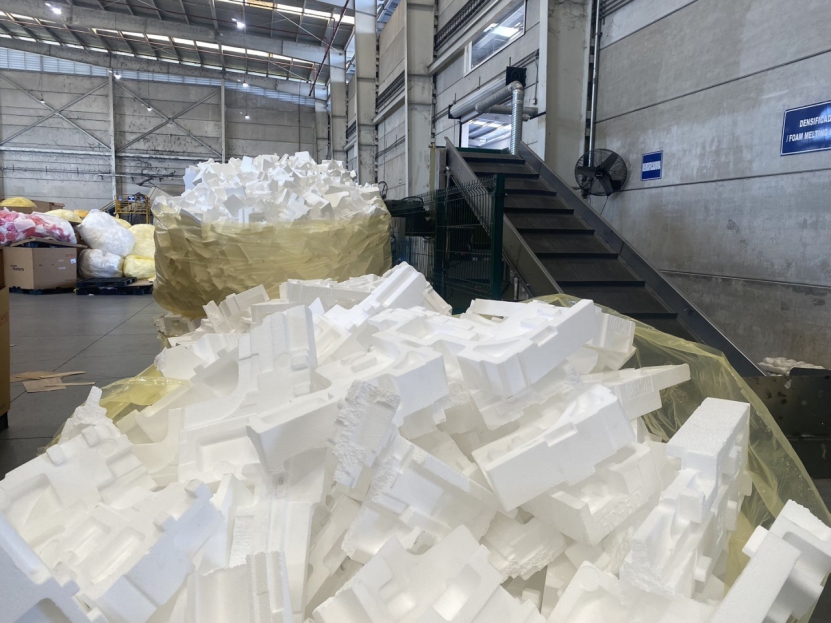Recently, residents near the Cataraqui River noticed that unnecessary debris had been generated at the third crossing construction site along the waterway. Most of them are EPS foam fragments. Nevertheless, work along the coast continued to clean up EPS foam debris left by wildlife, which destroyed the turbidity curtain throughout the winter.
In fact, EPS foam always pollutes the water source. It is difficult to degrade naturally and is easy to form debris and particles. After waste or landfill, it is easy to be washed into nearby rivers along with the waste stream. This is why EPS foam is eaten by fish and shrimp in the river and then takes fish and shrimp into the market, which further threatens people’s health. Reducing EPS foam pollution in rivers is inseparable from people’s attention. After collection, the newly designed EPS foam compactor will give it new life.
In short, the EPS foam compactor is the most suitable equipment for treating EPS foam waste in rivers. The most important reason is that the processing effect of the EPS foam compactor is much better than that of other equipment.
EPS foam compactor adopts popular cold pressing technology, which will neither damage the physical properties of the material nor affect the compression efficiency due to moisture. Unlike machines that need to be heated, the temperature is affected by humidity. Cold pressing technology can process EPS foam with ultra-high speed and high compression ratio, without secondary pollution and environmental protection.
On the one hand, environmental protection. On the other hand, the EPS foam compactor has realized the recycling of foam plastics. After being compressed in the ratio of 50:1, it has become a popular cold pressing block of granulating raw materials in the market. Many rivers in the world are polluted by EPS foam. More activities should be carried out to collect these materials. The EPS foam recycling machine is responsible for the final recycling
